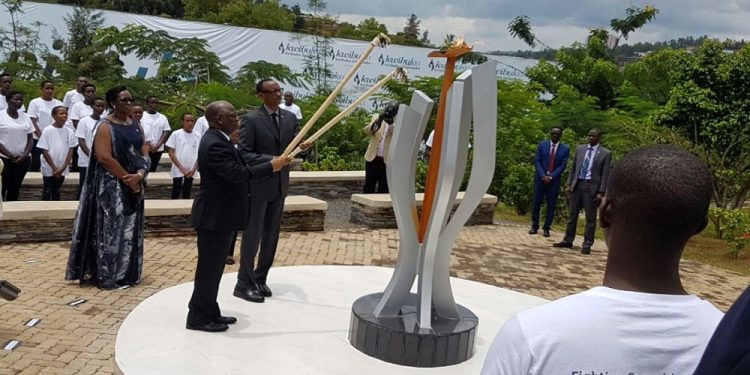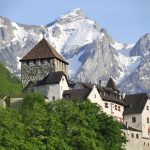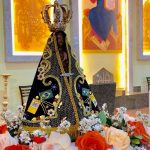
Tutsi Genocide Memorial Day
Tutsi Genocide Memorial Day is a holiday that pays tribute to the victims of the 1994 Genocide against the Tutsi. During this genocide, over a million people were murdered. This holiday is also known as the Day to Remember Rwanda Genocide Victims, and it always falls on April 7th every year—even if the holiday falls on a weekend.
On this day, not only do the people of Rwanda memorialize the victims of this tragedy, but candlelight vigils and other solemn ceremonies are observed all around the world. This day is actually only the beginning of the national mourning period—a period that extends throughout the rest of April and ends on July 4th.
The History of Tutsi Genocide Memorial Day
In 1990, the Rwandan Civil War began, and in 1994, the Hutu majority government initiated a genocide against the Tutsi, starting on April 7th and continuing until July 1994. It has been estimated that approximately a million Rwandans were killed—consisting of 70% of the Tutsi population and 30% of the Pygmy Batwa being slaughtered. Another two million Rwandans were displaced and became refugees during the war.
The United Nations General Assembly adopted a resolution establishing the International Day of Reflection on the 1994 Genocide in Rwanda in 2003. They set the date for this observance on April 7th. The name of this holiday was changed to International Day of Reflection on the 1994 Genocide against the Tutsi in January of 2018. In Rwanda, the holiday is known simply as Tutsi Genocide Memorial Day.
Interesting Facts About Rwanda
We have come up with some interesting facts about Rwanda that we would like to share with everyone reading about this holiday.
- Rwanda has been nicknamed the “Land of a Thousand Hills.”
- Kinyarwanda is the official language of Rwanda.
- The largest lake in Rwanda is Lake Kivu.
Observing Tutsi Genocide Memorial Day
This holiday is observed with political speeches and candlelight vigils across Rwanda and around the world. People also attend memorials that remember the million-plus Rwandans who died during the genocide.








